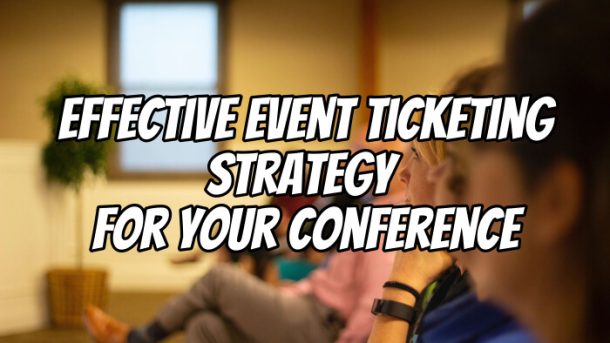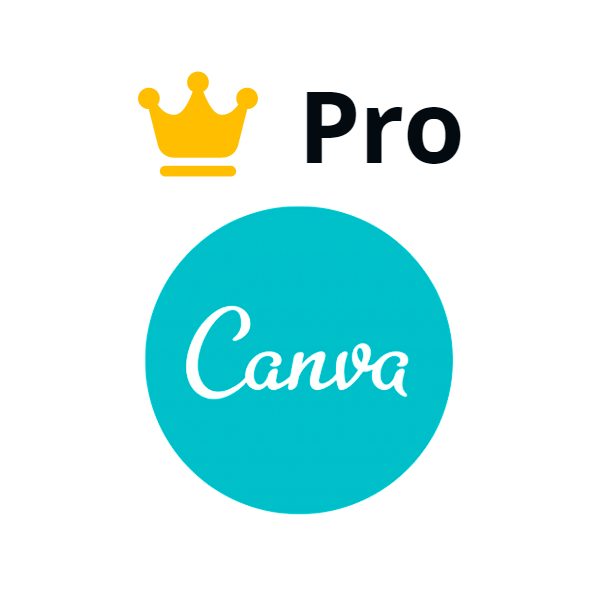Conferences are essential to career development and business networking for all industries. Bringing together people from all over the world in the same industry to learn and share is crucial to innovation. And a dedicated event management integrated ticketing system helps you keep the event in sync throughout the process as a central hub that can control various aspects of the event and provide directions and everything needed in one place.
And a right set of event ticketing strategies is essential when you want to boost ticket sales online for your upcoming conference planning project, whether in-person or virtual. Conference ticketing should be at the forefront of all event planning efforts:
Design your perfect event ticket.Decide on a pricing strategy.Ensure a seamless check-in process for all your essential attendees.
All of which should be essential aspects of your event marketing strategy.
This guide will discuss everything you need to know about some of the fundamental steps of event ticketing strategies for corporate events like conferences.
Understand how your event meets a key need?
In a conference setting- people will be willing to pay for an experience that helps them overcome challenges, widen their knowledge about a particular field and build powerful networking. You can learn what matters most to your audience through conversations with past attendees, researching hot topics for potential attendees through tactics like social listening, sending surveys to your target audience, and more.
Then leverage your insights by offering different items and event experiences priced based on what your audience thinks is worth buying. And don’t forget to make leveraging audience interest a quick win for all participants.
Choose the right ticketing platform
Depending on the nature of your event, you may be able to use a virtual event platform. Try to find a complete event ticketing platform that includes registration and conference ticketing tools in addition to event organization features. Each platform you explore may have different features that can benefit you in different ways.
In addition to powerful event capabilities, your event platform must enable ticket classes, streamline event registration and improve data collection, integrate with marketing platforms such as social media and email campaign manager, offer donation options upon sign-up, and provide in-depth analytics.
By providing value for your ticket prices, offering free options, and choosing the right event platform, you can sell tickets for your conference event and keep everyone happy in the process!
Optimize your registration page
Your registration page should be part of your website domain, even if you use a third-party event registration platform. This is important because potential registrants may feel that the registration and payment process is unsafe if they should switch to a different URL. Also, make sure your sign-up page is mobile-friendly and loads quickly to optimize the user experience.
The rule of thumb is to only ask for the information you really need in your registration form. If you are using an online ticketing platform, the system may provide a set of form templates that you can use, but consider checking whether you can customize these to exclude or add more fields or not.
When your form asks for too much information, it can lengthen attendees’ registration time, negatively impacting the user experience and causing them to cancel the ticket purchase process.
Implement Tiered Pricing
Once you’ve set your base price, you can start working from there to figure out what, more or less, you can offer to attract attendees. Half-day passes, Early Bird promotions, and VIP tickets are all great examples of rates that can work well to attract individuals to buy tickets quickly.
In a nutshell, it comes down to offering a wide variety of tickets at different prices depending on what guests are willing to pay. Let’s say an expensive VIP attendee’s ticket that lets people skip the queues and a ticket with no privileges for those who want an affordable option.
Get creative and define relevant rewards for your conference event. If a popular band performs at your event, you may be charged extra for front-row seats.
If this is your first time hosting a conference, these strategies, especially the drop levels, can be essential for engaging your first attendees when they don’t know what to expect.
If you’ve been hosting business or educational conferences for several years, building a price for your current sales strategy is as simple as asking when previous attendees purchased their tickets in previous years. By looking at past patterns, you can tell if there’s a lull between your conference ticketing promotions and if you’ve had a particularly good week each year. It might be a good idea to introduce a promotion to increase sales during these times.
Trigger FOMO by ticket scarcity
No one likes the feeling of being left behind after a sold-out experience. FOMO (Fear of Missing Out) kicks in when consumers feel they might miss a ticket. Scarcity marketing can increase event ticket sales by a significantly bigger margin. Ticket classes, as discussed above, are an excellent scarcity tactic and reward those who buy tickets in advance. Another strategy is to display a countdown timer.
The countdown timer can show how long it takes to complete the transaction before the attendee’s cart expires.
The countdown will motivate potential participants to buy those who are still hesitant. They are less likely to buy in advance if they have all the time in the world. Below is a chart showing how long it takes customers to purchase event tickets on popular ticketing platforms.
Launch a referral program
If your ticket sales are poor, it could mean that you, like the majority of sellers, aren’t getting enough leads. And while there’s no hard and fast rule about the average number of leads to make a sale, it’s a numbers game. This is one of the many reasons why referral programs are great for selling conference event tickets online.
In fact, as much as 90% of population online trust customer recommendations if they come from people they know personally. And those who received that personal referral were four times more likely to purchase it after receiving the referral than if they had discovered it organically elsewhere. So not only will conference ticketing referral programs connect you to more leads, but those leads will also be more likely to convert! You can even give your speakers or special guests their own referral code while you’re there.
Contact industry organizations to help promote
You can leverage industry professionals and organizations to help promote your event. Reach out to them, tell them about your conference event, give them an email copy, and make it easy for them to advertise on your behalf. This will help showcase your event in front of thousands of more qualified people you wouldn’t usually have access to.
Other organizations to consider are regional, national, and international associations focusing on a particular aspect of your vertical.
Every organization will be different. Some will agree to publish about your upcoming conference event for free, while others may require you to become a member.
Others may not be scheduled at all and will instead encourage your conference to become a sponsor of their organization. It’s a great way to promote the event to a wide range of professionals. It will also help you build backlinks to your event website, improving your SEO.
Leverage the brand value of your event?
If you’ve already built a strong event brand reputation and a number of loyal attendees, you can increase the perceived value of your top experiences by using a pay-as-you-go booking structure. This may include charging a nominal subscription fee for general admission, as well as premium and VIP tickets to show potential registrants that they want a rich experience with content, results- connections and valuable communities.
By taking advantage of premium tickets, you not only increase the perceived value of your entire event but also help offset the cost of creating the experience. As the perceived value of your event grows and people start buying paid tickets, that no-show rate will drop dramatically, and the total number of sign-ups for your shared experience will increase.
Final Words
Business models are driven by positive attendee experiences. However, with the breakneck pace of today’s event marketing industry, every business is having difficulty maintaining a viable clientele of happy and satisfied attendees. But with an integrated ticketing platform, every attendee touchpoint with your brand can be managed through the ticketing app.
Author Bio:
I am Rebekah Murray. I am working as a content strategist at EventBookings. I have 12+years of experience in the field of content writing. I am passionate about exploring and writing about events, technology, marketing, and education-related content. Find me on Twitter.







